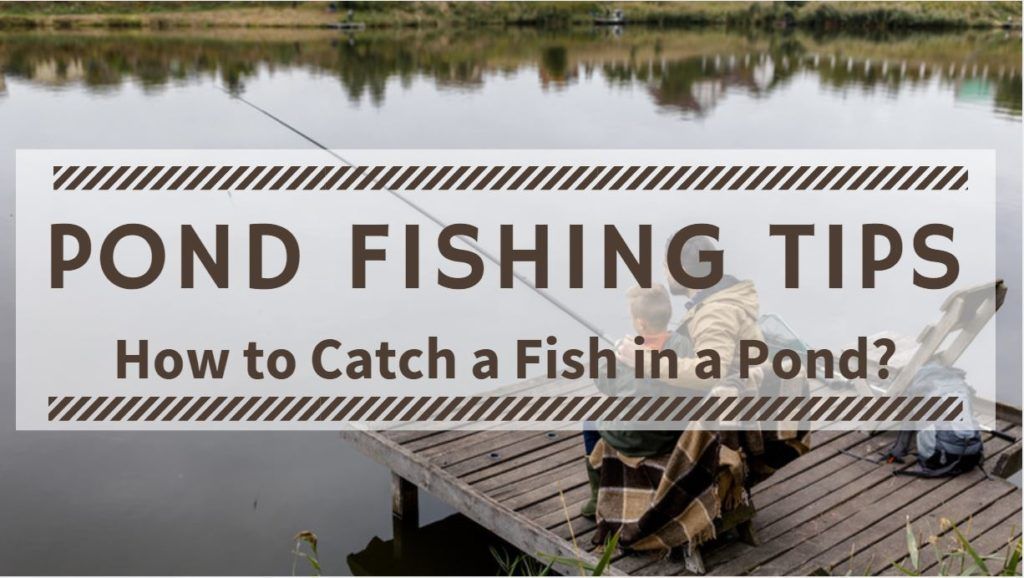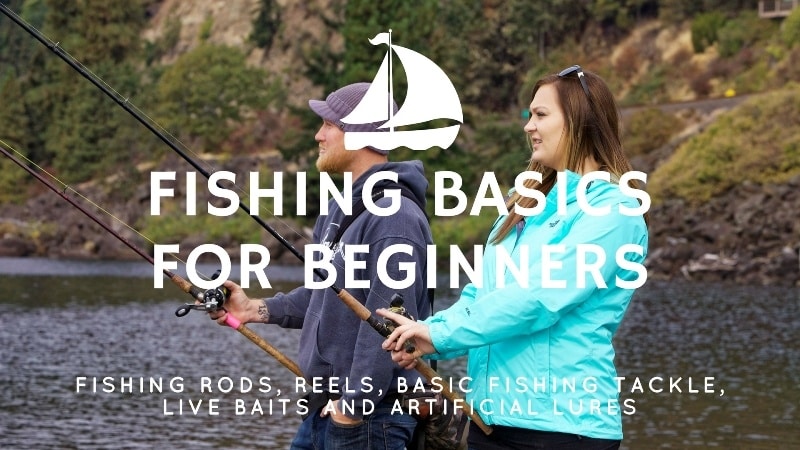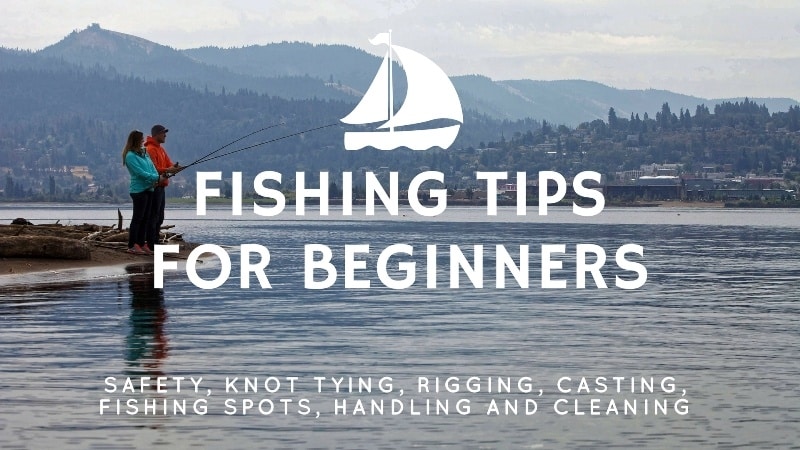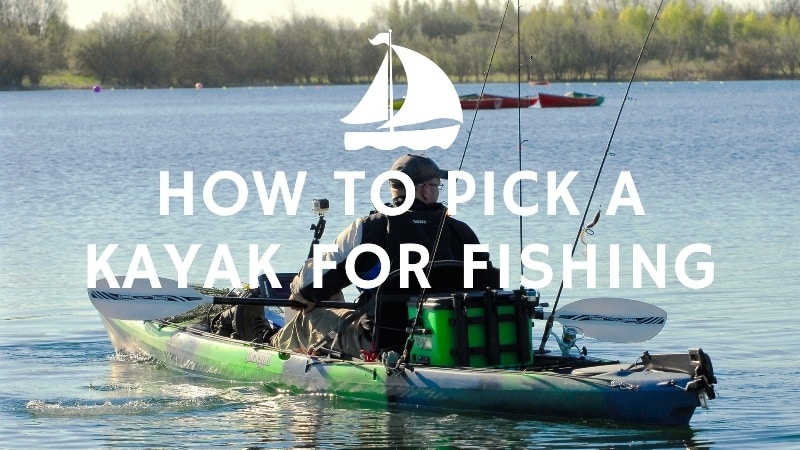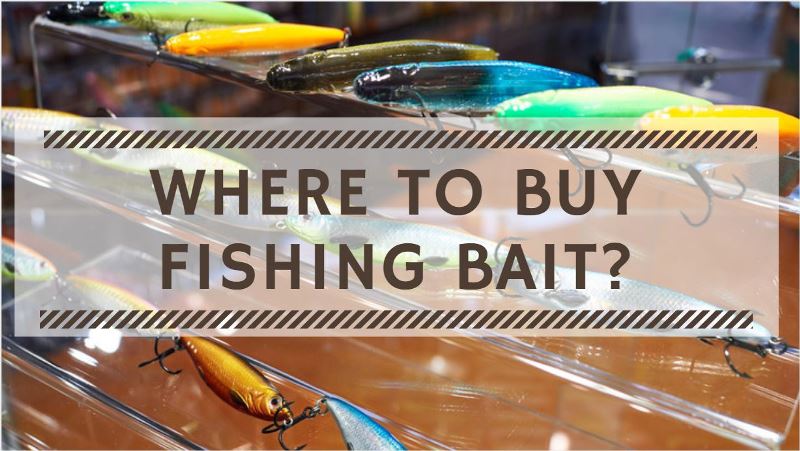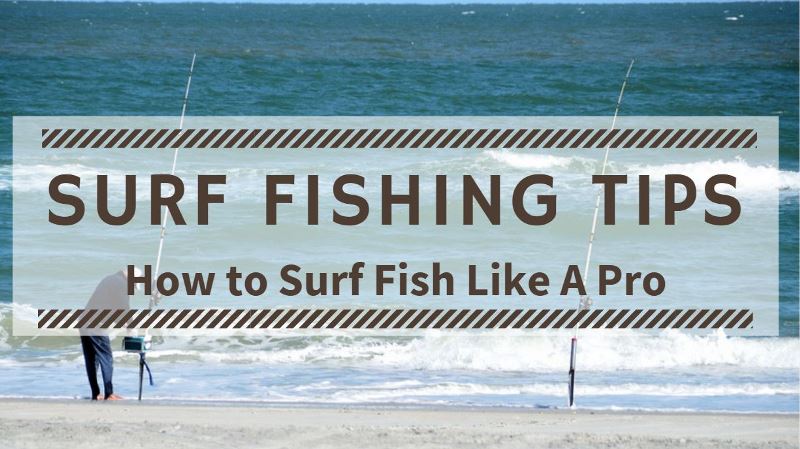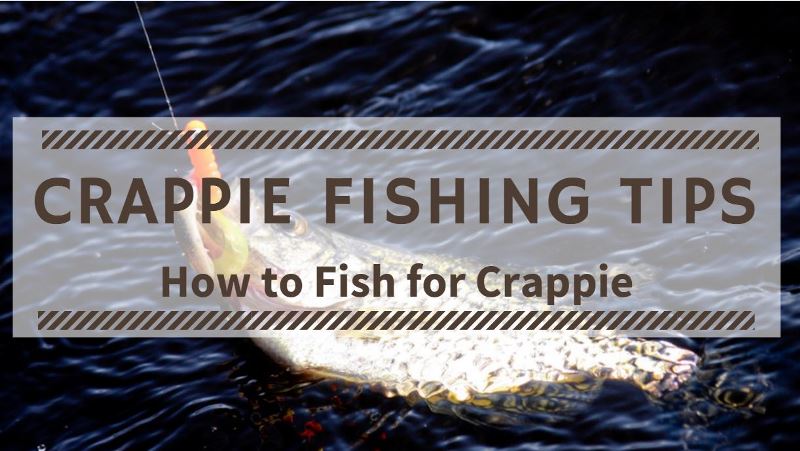Welcome to our section on Pond Fishing Tips. We have put together some very useful Pond Fishing Tips & Techniques to help you learn How to Fish in a Pond Like a Pro.
If you are a beginner, this guide can help you get started with fishing ponds. If you have experience, then we have some advanced Pond Fishing Tips, Tricks, and Techniques to help improve your skill.
Pond Fishing Tips & Techniques
You do not have to get on a boat and face the open sea, or a big river to enjoy a great fishing session. You can simply go fishing in a pond. Fishing in a pond is a great way to spend your leisure time and enjoy the outdoor life.
In this guide, I will cover:
- Basics of Fishing in a Pond
- How to Prepare for Pond Fishing
- What is the Best Time to go Fishing in Ponds
- Equipment Required for Pond Fishing
- Pond Fishing Techniques for Different Types of Pond Fish
- 5 Pond Fishing Tips for Beginners
Before I deep dive into my pond fishing tips, let me first introduce you to pond fishing.
Basics of Fishing in a Pond
You might not know it yet but your local pond holds just as much variety of fish as any river or lake. It is also a great place to start fishing especially if you are a beginner. Ponds are called a number of names such as millponds, farm ponds, watershed lakes, or stock tanks.
Ponds are generally small water bodies that can either be privately owned or open to the public. It’s basically a mini-lake and you just have to fish around its banks. You just need a rod and one of the best baitcasting reels under $50 to get started. You don’t need to get on a fishing kayak, cast a net, or do any other complicated thing of that sort.
This isn’t to say that pond fishing isn’t challenging at all. You shouldn’t make the mistake of thinking that a pond requires less strategy or planning just because it’s smaller than a river or lake.
The only worse mistake is to assume that fishing on a pond is not as exciting as fishing in any other water body.
Ponds provide as much variety as you would find in a lake: from bass to sunfish, catfish, and Northern pike. You might even catch some crappies if the water is as big as 50 acres in size. If your pond has trout, then you can also check out some expert tips if you are a beginner.
A pond is typically photic across its length and breadth. This means that since light can penetrate every part of a pond, there are aquatic plants to be found throughout the pond. Ponds are not always clear though, many ponds can have off-color water and can even get muddy, especially during certain seasons.
How to Prepare for Pond Fishing
Pond fishing might appear like a simple task, but it takes just as much strategic planning as fishing in a larger lake. Preparation is the key to getting the best results. The first of the pond fishing tips is to prepare well.
Most ponds have small fish, but they could hold the big ones too, such as the bass and catfish which are usually the apex predators in the pond. On a sunny day with a pair of polarized glasses, you get an idea of what kind of fish your pond has.
Here are some things I believe are important for you to do beforehand to make your pond fishing experience better.
Find a Pond for Fishing
There are a variety of places you can find a great pond you can fish in. You can try to find one on a golf course. While you might not land the big catch here, they provide a variety and a larger population of fish.
Private ponds are a wonderful place to fish. Just make sure the owner is aware so you will not be accused of trespassing.
The key to being successful at pond fishing is to find a hidden area of the pond that is less fished. It increases your chances of catching more fish.
Review Topographical Maps
It is not a bad idea if you have some knowledge of what your target pond looks like before you set out to begin fishing. Get an idea of the topography by studying the topographical map.
This will help you see the depths of different points in the ponds and identify fish beds or other structures under the surface. These points will be a good place to set up your baits and catch the most fish.
Look Around
Before you start casting and reeling, scan the pond area, and try to identify certain important things such as the most common things your fish would feed on in the pond.
You can try to catch one of the insects that are usually found around the fishing area and use it to bait your fish. Try to catch one or more of the more common insects near the pond and use them as bait. The fish will find nothing more tempting than its natural prey.
You should also look around the pond area and try to identify structures like docks, logs, stumps, or rocks that provide shelter and cover where fish loves to hide.
Study the Charts
Certain physical factors such as tides, winds, fronts, clouds, and rain affect your chances of making great catches while fishing in a pond. Ponds are small and shallow, hence slight changes in conditions might have serious effects.
As fish are cold-blooded, recognizing changes in water conditions helps you to make the right decisions in terms of when is the best time to fish. You should try to get a true picture of all the factors that may change in your pond, as this can help you make crucial decisions.
What is the Best Time to go Fishing in Ponds?
So, you’ve picked a pond but you also need to know when is the perfect time to go and catch your prey. Choosing the right time is one of the most important things to put into consideration, a great fishing spot does not guarantee success if the timing isn’t right.
I believe there is no fixed time to go fishing, just a combination of factors to put into serious consideration.
In general, early mornings and evenings are the perfect time to cast your net. You will have little or no success at all if you try to fish under the hot afternoon sun.
Your success is also dependent on the season of the year. Spring is a great time to go fishing but the best time of the day to do this will be at dusk when the bugs that the fish feed on are in abundance.
Pond fishing in the summer is also great. Just make sure you put the period of the day into consideration too as the fish will retreat to the cooler, deeper waters on hot summer afternoons. Just before dawn or just after dusk is perfect.
Pond fishing in winter is not a really great time to fish and unless you are ice fishing winter is, of course, a terrible time to fish too.
Wind, clouds, and rain can have a major impact on your fishing experience. Cloudy days are great for fishing and while light rain is great fishing weather, hard rain impedes visibility and it stirs up mud.
Equipment Required for Pond Fishing
Unlike fishing on a river where you target a specific fish species, your pond offers variety and your gear should cater to that. Here are the basic things you need to effectively fish any pond.
Pond Fishing Rod, Reel, and Line
There are many types of fishing rods on the market such as spinning rods, fly fishing rods, etc. We recommend most beginners go for an easy-to-use and versatile fishing pole. You can also check out the Best Beginner Fishing Rod reviews if you need help picking one up.
If you are using a spinning rod, then you will need a matching reel. For most ponds, all you need for a great experience is a freshwater spinning reel spooled with a six to ten-pound test line.
But if you are targeting the much larger Northern Pike, you may want to go for the Best Spinning Reel for Northern Pike instead. You will also need a 20-pound line and a monofilament leader
Pond Fishing Baits
You should select your baits based on the kind of fish that you want. While baits like nightcrawlers and wax worms attract a wide range of pond fish, you will need live bluegills or chicken livers to draw out the big catfish.
For your artificial baits, floating frogs, poppers, and buzz baits are the most effective topwater baits for many species of pond fish. Rooster Tail spinners are great because you can work them at different speeds to attract many types of fish.
If you need any help getting baits, then you may read our guide: Where to Buy Fishing Bait?
Pond Fishing Techniques for Different Types of Pond Fish
For us, one of the keys to a successful fishing experience is knowing your fish. Understanding the way different types of fish behave helps you in successfully baiting and catching them.
As fish differ in behavior, even though they share the same habitat, there will be slight differences in the way you will approach catching them.
How to Catch Bass in a Pond
The best time to fish for pond bass is around late spring or early summer when the basses are largely on the prowl again after their mating season. They are usually more abundant in shallow water or some kind of cover in the form of tree stumps, grass beds, etc. The best period of the day to fish for pond bass is in the late afternoon or early morning.
A vibrating bait such as blade bait or spinner bait is the best bass bait for ponds. Vibrating baits are perfect for catching pond bass in water with low clarity. In clear waters, you can still make use of spinnerbaits or using crankbaits.
How to Catch Bluegills and Sunfish in a Pond
In terms of sharing a liking for cover, bluegills are like bass. They love hanging around under-covered places like weed beds where it is easier for them to ambush prey. Since the population of sunfish can easily get out of control, you might find yourself catching a large number of them. Keep as many as the law allows you to.
Bluegills are more aggressive in the summer months, so artificial lures might be quite efficient for catching them during this time when fishing in springtime however, crickets and earthworms are your bet.
How to Catch Catfish in a Pond
Channel and Bullhead catfish tend to stay close to the banks during periods of low light but when the weather is warm and bright they tend to move off to the deeper areas near currents or drop-offs.
Baiting Catfish may be quite complicated in deeper waters, where clipped-on float may be ineffective. Catfish spinning reels matched with slip bobbers are a great combination for fishing ponds.
Now. let us move to our top pond fishing tips for beginners. These tips can help you fish ponds like a pro.
5 Pond Fishing Tips for Beginners
Apart from the normal textbook style I explained to you so far, there are certain pond fishing tips and tactics that, if well mastered, will ensure you make a catch each time you go pond fishing.
Here are some top pond fishing tips and tactics to help you become an expert at fishing ponds.
Follow the Ducks
If you happen to find yourself fishing in a pond where the ducks are being fed by visitors then you are in luck.
Why is that, you might ask? Because right next to the ducks you will find your fish grappling for some easy treats, especially if it’s a pond where things like these happen quite often and the fish have made a habit of doing this.
In addition to ducks, you can also observe the behavior of other animals your fish of choosing prey on.
Use Worms as Baits
Worm baits such as wax worms, regular worms, and euro worms are very popular among fishermen and guarantee a high probability of pond fishing success.
It is commonplace to discover that certain worms work well in a particular pond more than others. you can try out different types to be sure which bait is the best for the pond that you are fishing in.
Ultralight and Travel Rods
Most fish species you will find in a pond are small or medium-sized on average. So you do not need a heavy rod. We advise you to go for one of the Best Ultralight Fishing Rods about 6 feet long.
Your targets, when pond fishing, are structures and things that can provide cover for fish to hide under. So you need a high level of skill to fish around such structures. But you also need the right gear.
Among other equipment, a fly rod can help you catch your prey and make it enjoyable. A travel fly rod is usually compact, which makes it easier to cast and maneuver in tight spots.
To find the right rod for you, you should check out the top fly fishing rods with an eye on weight, length, and performance.
Stay Out of Sight
Ponds are small and shallow and more usually than not, very clear. Most of the time you can see the fish under the calm water and they can see you too. Even when they cannot see you, little vibrations or your shadow alone can chase away potential catches.
Stealth is a skill you must master if you don’t want to end up without any fish. You can even make use of camouflage clothing that helps you blend in with your surroundings.
Safety
Do not forget to carry your fishing waders, and a fishing rain suit to prevent yourself from getting wet. If you are pond fishing on a sunny day, then I suggest you also carry a pair of polarized sunglasses, some insect repellant spray, and sunscreen lotion.
Conclusion
Pond fishing can be as interesting and equally as rewarding as fishing in a lake or river if you know how to go about it the right way.
In this pond fishing guide, I have emphasized the importance of planning and having accurate knowledge and awareness of both the pond you are fishing in and the fish you are targeting. I also shared my top pond fishing tips and techniques to get the most out of your pond fishing experience.
We hope you enjoyed going through this pond fishing tutorial. Has this article been helpful? Drop a comment below and let me know.
Last Updated on May 15, 2025 by Victor Mays
